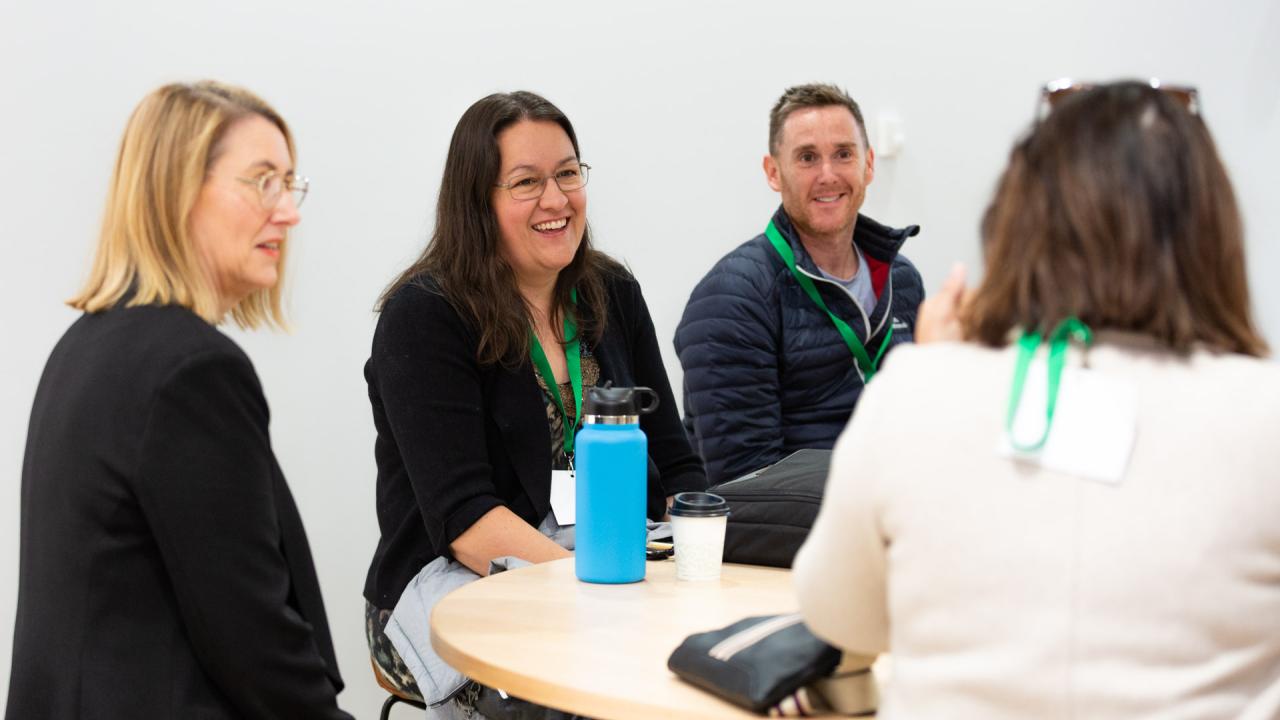26 Oct 2022
Asking kids about kids stuff

While I was in England recently, I had the unexpected opportunity to attend an event in Westminster for senior education experts, school leaders and policy folk, billed as ‘a celebration of the sector’ at the start of the school year in September.
At the event, I had the privilege of hearing the Children’s Commissioner for England, Dame Rachel de Souza, speak. According to the official website, the statutory remit of the Commissioner includes understanding what children and young people think about things that affect them and encouraging those who make decisions that affect children’s lives to consider their best interests. The Commissioner ‘promotes and protects the rights of children, especially the most vulnerable…’
At the event, Dame de Souza referred to a 2021 survey of England’s children called ‘The Big Ask’ led by her office. More than 550,000 children aged between 4 and 17 from across England responded anonymously to the survey.
The Children’s Commission defines these children as ‘veterans of a global crisis’ who have ‘seen how colossally frightening life can be, far too young, and have made a lot of sacrifices’. It describes these children as ‘bruised, yes, and in many cases seriously vulnerable, but for the most part, happy, optimistic, and determined’.
Conducted in 2021 during some of the worst of the pandemic, the results were not as one might have assumed. I found myself relieved to hear Dame de Souza report that 84% of the children who responded to the survey said they were ‘happy’ or ‘okay’ with life at school or college and 80% were ‘happy’ or ‘okay’ with their mental health.
Of course, those figures leave 16 and 20%, respectively, who were not happy or okay with these aspects of their lives, but I had thought those latter percentages would be higher.
The survey responses showed a strong preference from children to be outside, to be in open spaces, and to play. Dame de Souza jokingly reported that not one child in the country asked for another shopping centre to be built. Instead, she said, children want spaces for activities and sport. They want safe places to meet with their friends and enjoy their company.
The children who responded to the survey also said that they liked school. That they see education as important in and of itself, but also as a pathway to opportunity. These kids want to get on with life and do well. To do challenging, worthwhile jobs and to have fulfilling careers. Many want to be teachers, they say.
Hearing of the English survey started me wondering about what the views of Australian children might be. And whether these would differ according to their location, or background. And about how we might find out. And about what we might do with that information were we to collect it.
I was also reminded of the importance of student voice. Of giving children and young people opportunities to share their views. Of listening to and considering those views. Of putting those views at the centre of thinking and decision-making in education and beyond.
It was an opportunity for me to reflect on how we connect with students and use their views to inform thinking and decision-making at the Academy. A challenge no doubt, but one I am looking forward to championing and tackling.
Connect with the Academy by subscribing to our newsletter.





